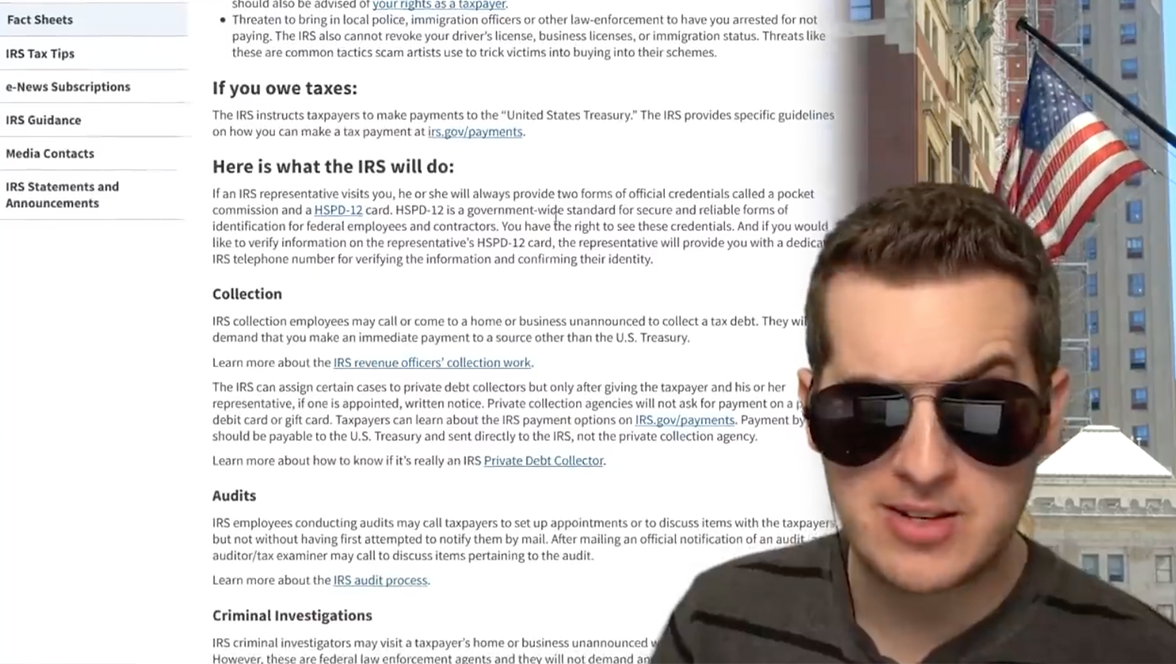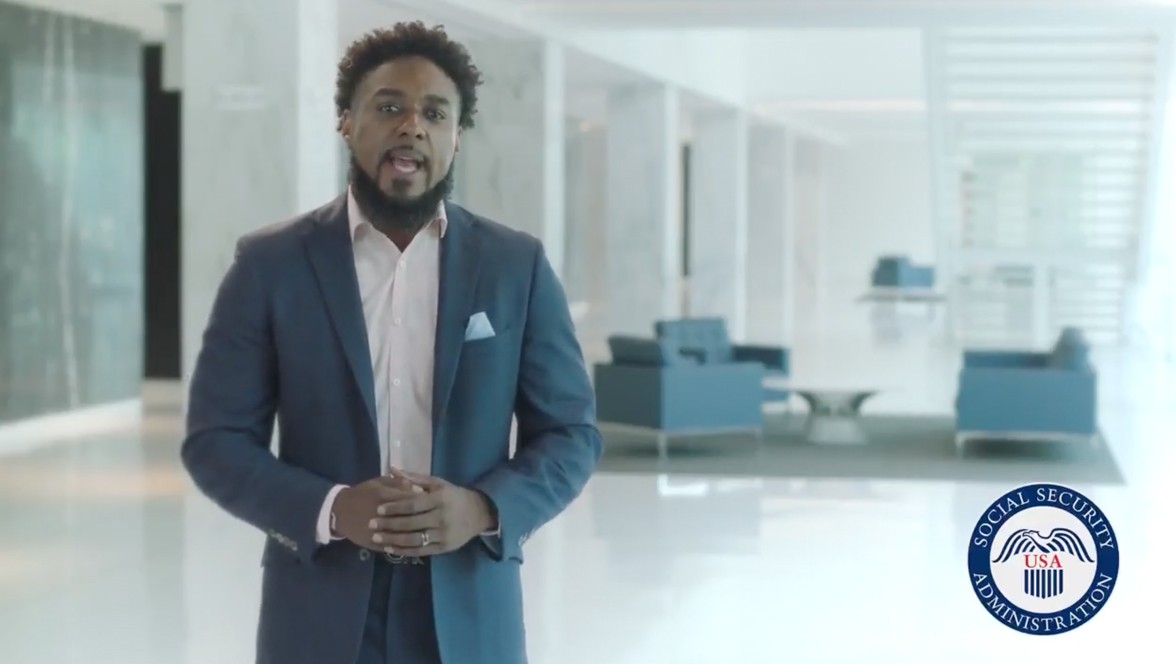On This Page
What are scams?
International students and scholars at Columbia and across the U.S. report receiving fraudulent phishing emails, texts, and imposter phone calls demanding money for a variety of fake reasons. These include unpaid taxes, immigration status or visa problems, identity theft of their SSN, phony employment opportunities, deliveries / shipments, and currency exchange. Do not respond to unsolicited job offers! Don't be a victim!
These calls, texts, and emails may come from individuals posing as:
- IRS (Internal Revenue Service)
- FBI (Federal Bureau of Investigation)
- CBP (Customs and Border Protection)
- ICE (Immigration and Customs Enforcement)
- SSA (Social Security Administration)
- U.S. Consulates
- Other government agencies
- Employers
- Students and/or Scholars
- Banks
- U.S. Postal Service, FedEx, and UPS
- Amazon
4 Tips to Stay Safe

Always be suspicious of unsolicited phone calls, texts, and emails.

Never give money or personal information to someone with whom you don't have ties and did not initiate contact. A legitimate government employee or official will never ask a member of the public for payment of any kind.

If an unknown caller makes you uncomfortable or says things that don't sound right, hang up.

CUIT regularly warns the university community to “be skeptical and avoid phishing scams” and provides Phishing Email Alerts.
Website Resources
Learn about various scams and how to report them.




